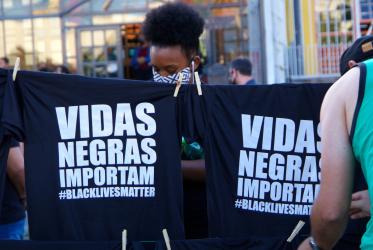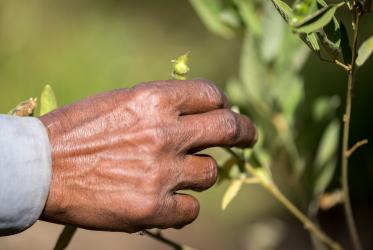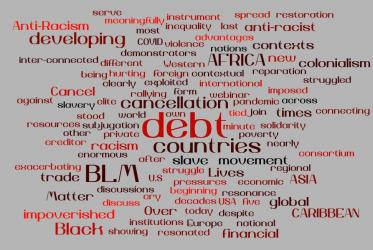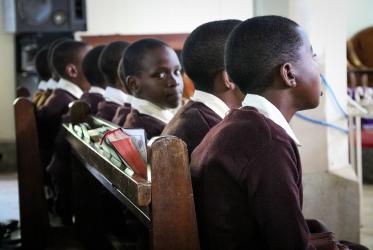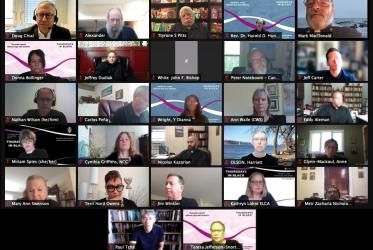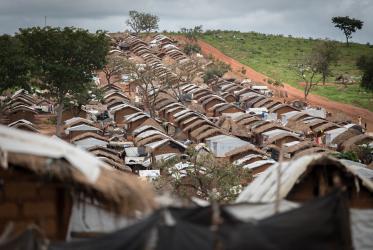Displaying 1 - 20 of 74
25 April 2024
WCC webinar explores decolonizing beauty
11 December 2023
Webinar explores intersection of debt cancellation and anti-racism
09 December 2021
WCC invites webinar on ’Racism, Land and Food’
09 December 2021
Two new podcasts explore intersection between racism and COVID-19
04 December 2020
Faith and HIV treatment go hand in hand
06 March 2019
Turning mercy and compassion into action
04 March 2019






